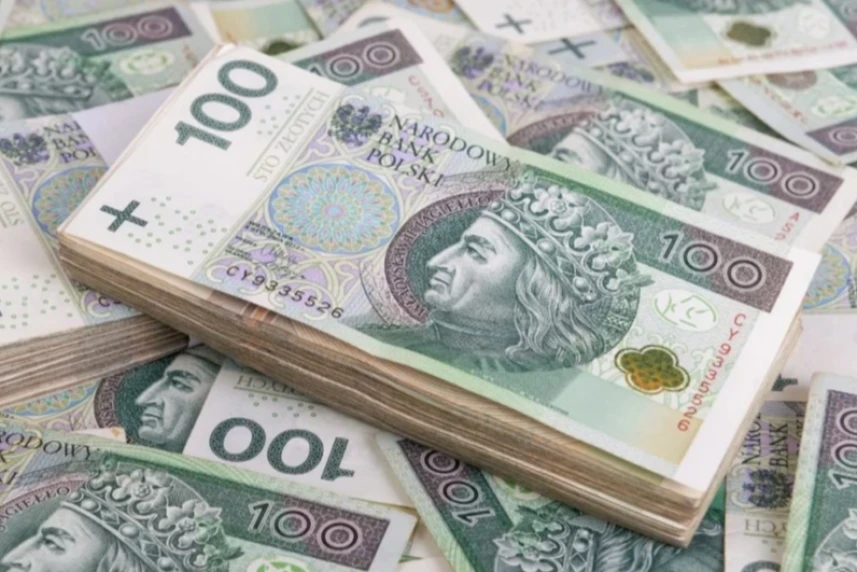Szczecin remains on a positive trajectory
Marta Kufel

Stability, responsible management and sustainable growth in times of crisis. These three qualities have marked Szczecin in the challenging last years. The coronavirus pandemic, war in Ukraine and raging inflation have influenced nearly every aspect of our city’s life.
City budget
Szczecin has a long record of sound and responsible financial policy. Despite the challenging circumstances – including the former Central Government’s numerous decisions to the disadvantage of local governments – we were able to strike the balance between ongoing expenses and capital expenditures. By adhering to financial discipline, the City could maintain its growth trajectory without putting undue burden on its residents. This is reflected by Szczecin’s consistently top-range ratings from independent international agencies. Szczecin’s healthy finances are crowned by this year’s budget, running a surplus instead of a deficit for the first time in many years.
Sporting infrastructure
Among the multitude of projects carried out in Szczecin, some of the most noteworthy in recent years involved the sporting facilities of the Municipal Centre for Sport, Recreation and Rehabilitation. The facilities in Kresowa and Arkońska Streets in particular have seen a major revamp. The former location now has two full-size pitches with a lighting system and a 700-seat stand, and an amenity building with locker rooms and facilities. In addition, a large artificial-turf field was built in the direct vicinity of the Mermaid Ponds. In the autumn and winter season, it is covered by an air dome. Other facilities include footsal and footnet courts, and a beach soccer field. Up north, in Nehringa and Stołczyńskiej Streets, the city has provided new facilities operating under the so-called “balloon” – parking spaces, pavements and, most importantly, small artificial-turf fields. The projects cost a total of over PLN 35 million.
Stoewer's technology gems showcased in Szczecin
The autumn of 2019 was marked by a special moment. Stoewer returned to its home city of Szczecin following the purchase of the Stoewer museum – the first-ever Polish acquisition of a German museum. The Museum of Technology and Transport welcomed a total of nearly 900 exhibits of the iconic brand's products, including seven cars, eight bicycles, thirty-something typewriters and sewing machines, and several hundred smaller items. The City has paid around PLN 3.3 million for this unique collection.
It has been two years since the former Philharmonic building was repurposed to house the session room. Thoroughly made over, this new space is now a meeting place for associations, institutions, resident groups and city councillors. Almost half a year later, a weeding room was opened for official wedding ceremonies, as well as jubilee celebrations for Szczecin’s oldest married couples. Worth about PLN 19 million, the project has reconstructed the entire wing of the city hall, giving it a radically new appearance and making it conveniently accessible for persons with disabilities.
COVID-19 pandemic
The pandemic has dealt a major blow to local entrepreneurs. Due to lockdown restrictions, many businesses had to limit their operations or temporarily close. The City has implemented several measures to help them cope with these challenges. These included lifting marketplace fees, exempting from, or extending deadlines for, real property tax, reducing rents for local-authority units and beer and wine gardens to symbolic amounts, and also granting – via the Szczecin Loan Fund – thirty-something zero-percent loans totalling almost PLN 9 million.
An important pandemic measure involved establishing the Public Vaccination Point. The venue operated for nearly four months in the sports arena of the University of Szczecin in Sowińskiego Street. During that time, experts from the Szczecin Health Centre administered almost 43 thousand coronavirus shots.